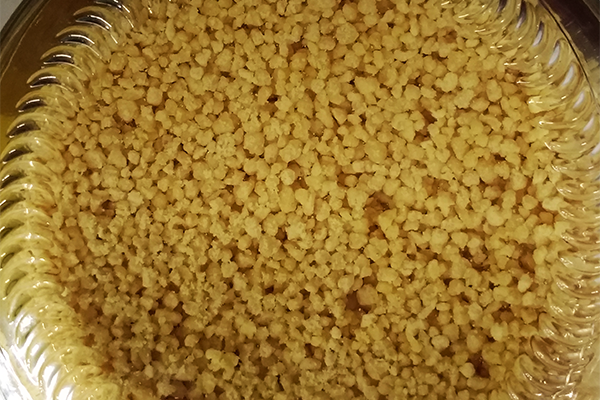
Aquafeeds
Evaluating soy lecithin supplementation in Nile tilapia raised in suboptimal temperatures
Soy lecithin phospholipids can be vital to improve the growth of Nile tilapia at suboptimal temperatures and offer an approach for new ingredients.
Health & Welfare
Tilapia respond positively to nutritional programming and a reduction in protein levels in starter feeds for fry shortly after yolk-sac absorption.

Aquafeeds
Soy lecithin phospholipids can be vital to improve the growth of Nile tilapia at suboptimal temperatures and offer an approach for new ingredients.
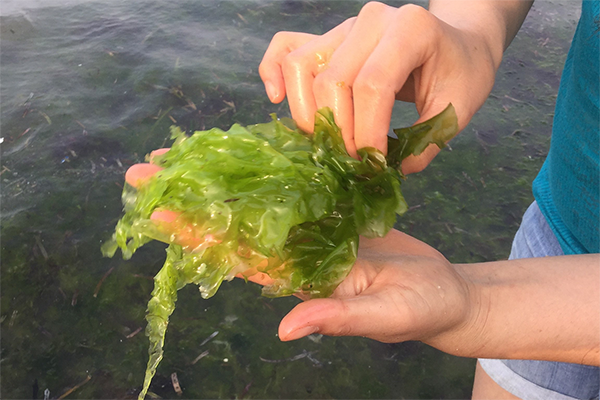
Intelligence
Integrated biofloc culture of Pacific white shrimp, Nile tilapia and U. lactuca is feasible with shallow floats up to 10 cm in depth.
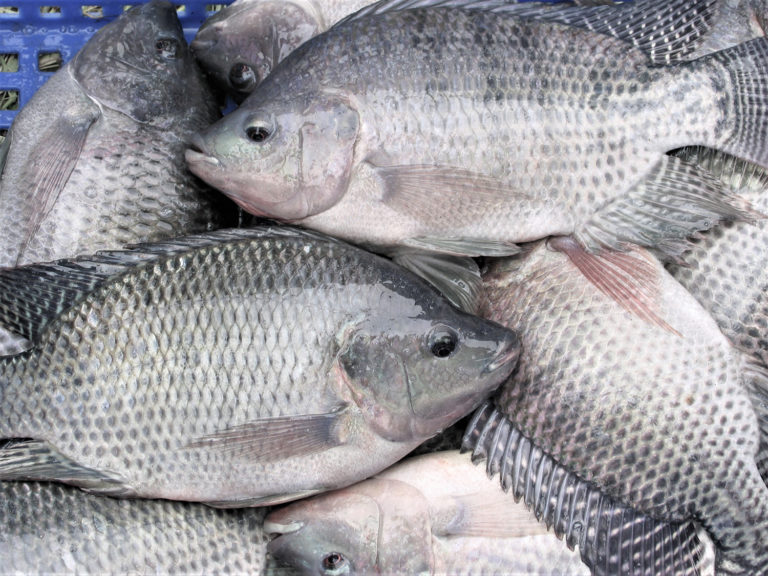
Intelligence
Scientists say the reference genome for a genetically improved tilapia strain can be a "baseline" for breeding beneficial traits.
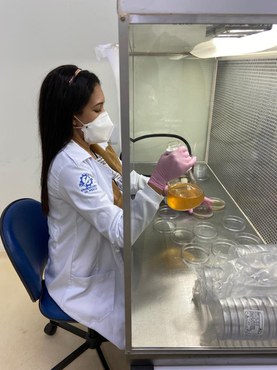
Health & Welfare
Scientists in Brazil have identified a "superbug" connected to various diseases in both humans and intensive tilapia aquaculture – and it could be caused by illegal waste dumping in the water system.
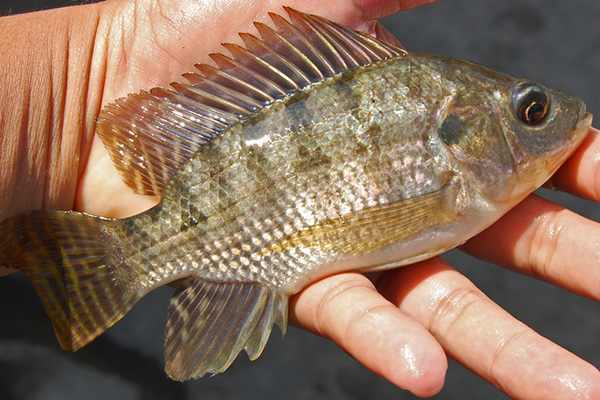
Health & Welfare
Efficacy of an oral vaccine in trials with tilapia shows it to be a viable, cost-effective alternative to administering vaccines by injection.
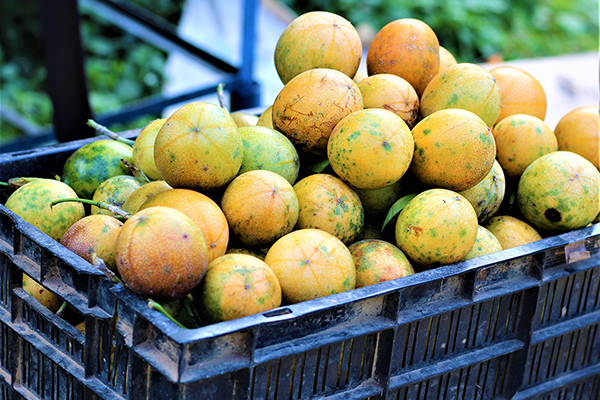
Health & Welfare
Dietary supplementation with passionfruit peel powder stimulates the immune, antioxidant systems of Nile tilapia cultured in biofloc systems.
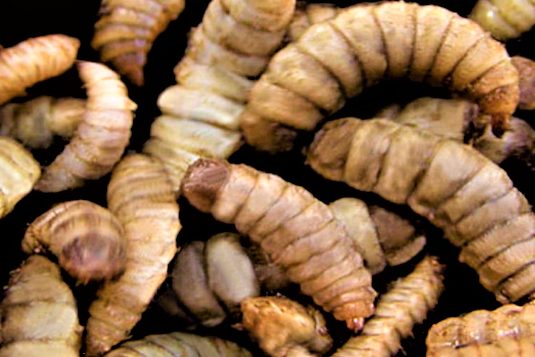
Aquafeeds
Study results corroborate that chitin could act as a nutrient source as well as an antinutrient in both Nile tilapia and rainbow trout.
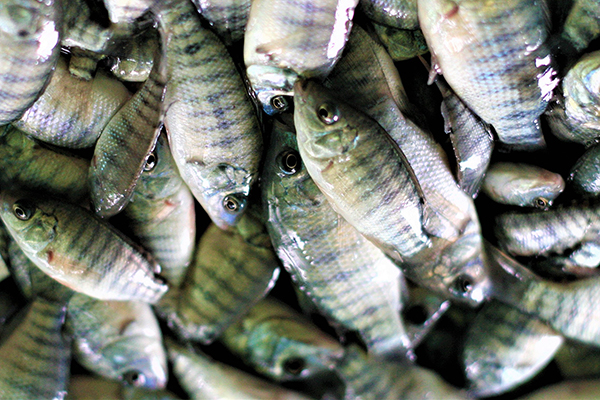
Aquafeeds
Nanoselenium supplementation increased its bioavailability and improved overall growth as well as the omega-3 fatty acid content of tilapia.
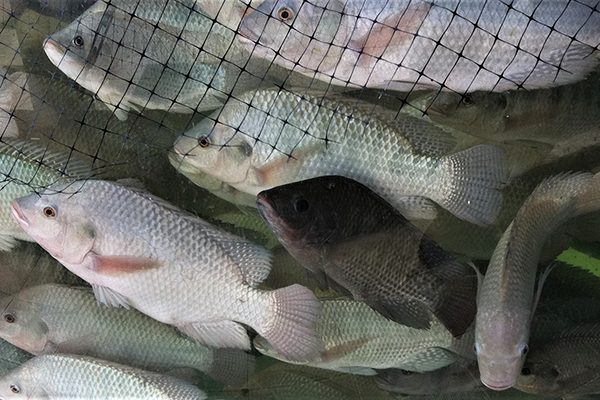
Health & Welfare
Exposure to varying light-intensity levels changes the water quality, bacteria count, survival rate and disease resistance in Nile tilapia culture.
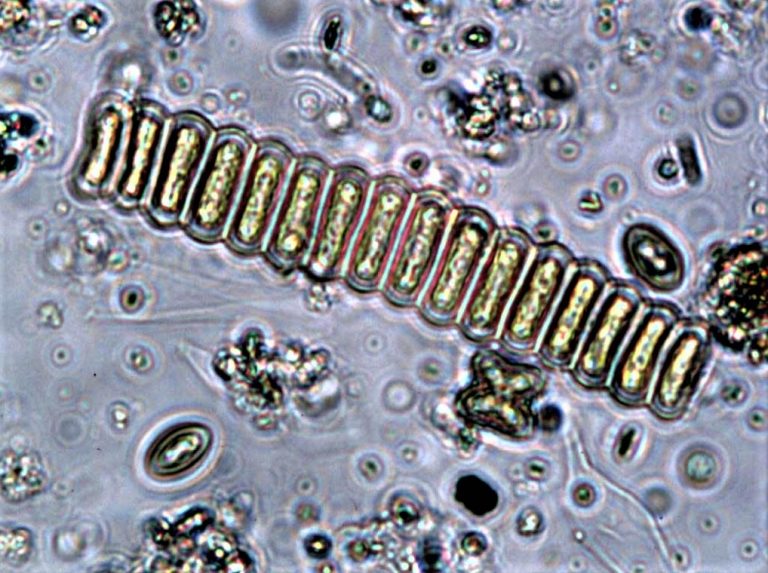
Aquafeeds
Addition of the microalgae Scenedesmus to tilapia feeds and rearing water improve fish growth and yields without affecting sludge production.
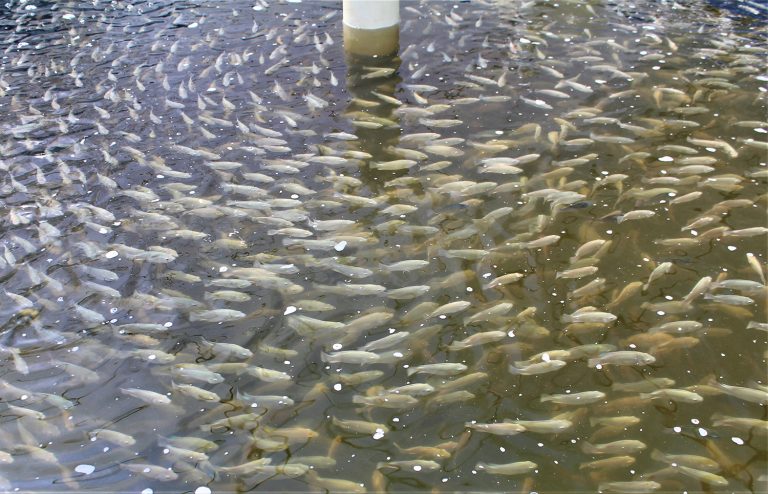
Aquafeeds
Adding fumaric acid effectively promotes growth, improves intestinal morphometry and decreases pathogenic gut bacteria of Nile tilapia juveniles.
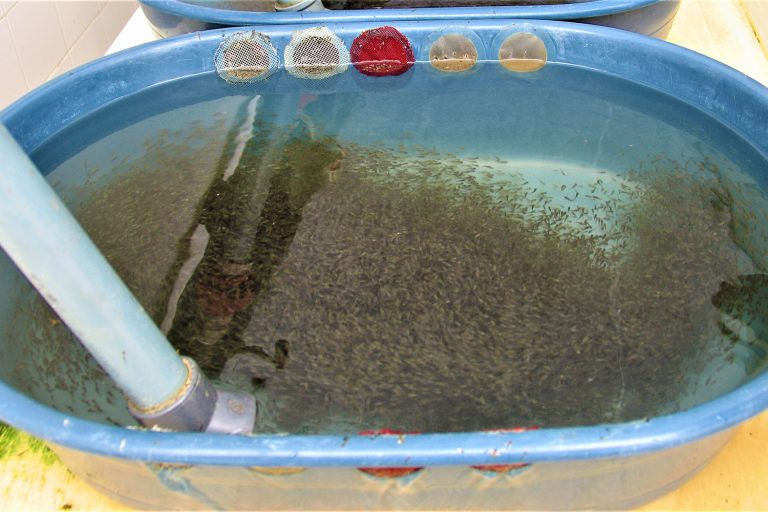
Health & Welfare
Immunized Nile tilapia broodstock can mount a protective antibody response to Tilapia Lake Virus and transfer antibodies to progeny.
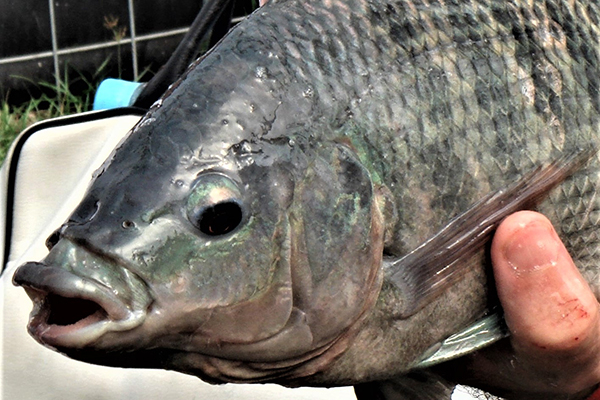
Aquafeeds
An analysis of the effects of protein and energy intake shows no physiological basis for an optimal P:E ratio for tilapia.
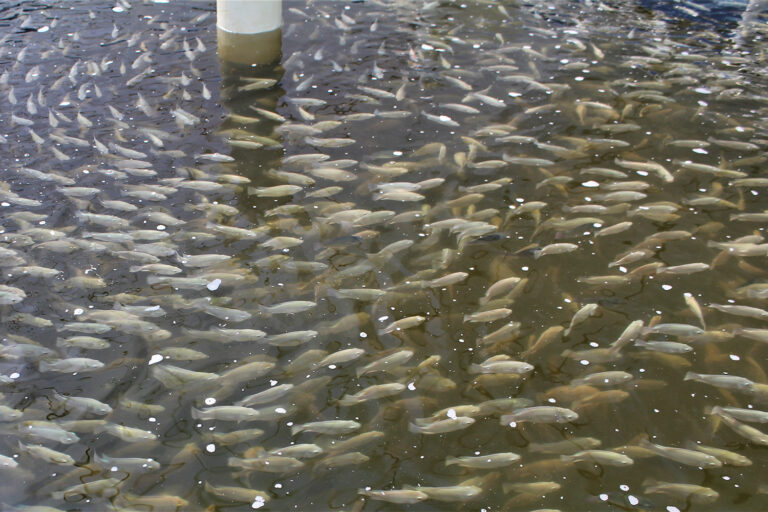
Health & Welfare
E. faecium is a potential probiotic for Nile tilapia, showing improved growth rates, reduced mortality in a challenge with S. agalactiae.
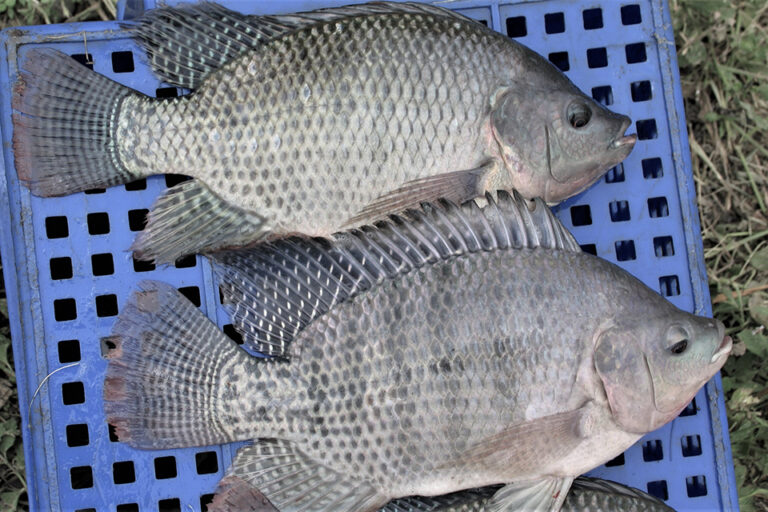
Health & Welfare
Genomic prediction markedly outperformed pedigree-based prediction, highlighting the potential to improve feed efficiency traits in Nile tilapia.